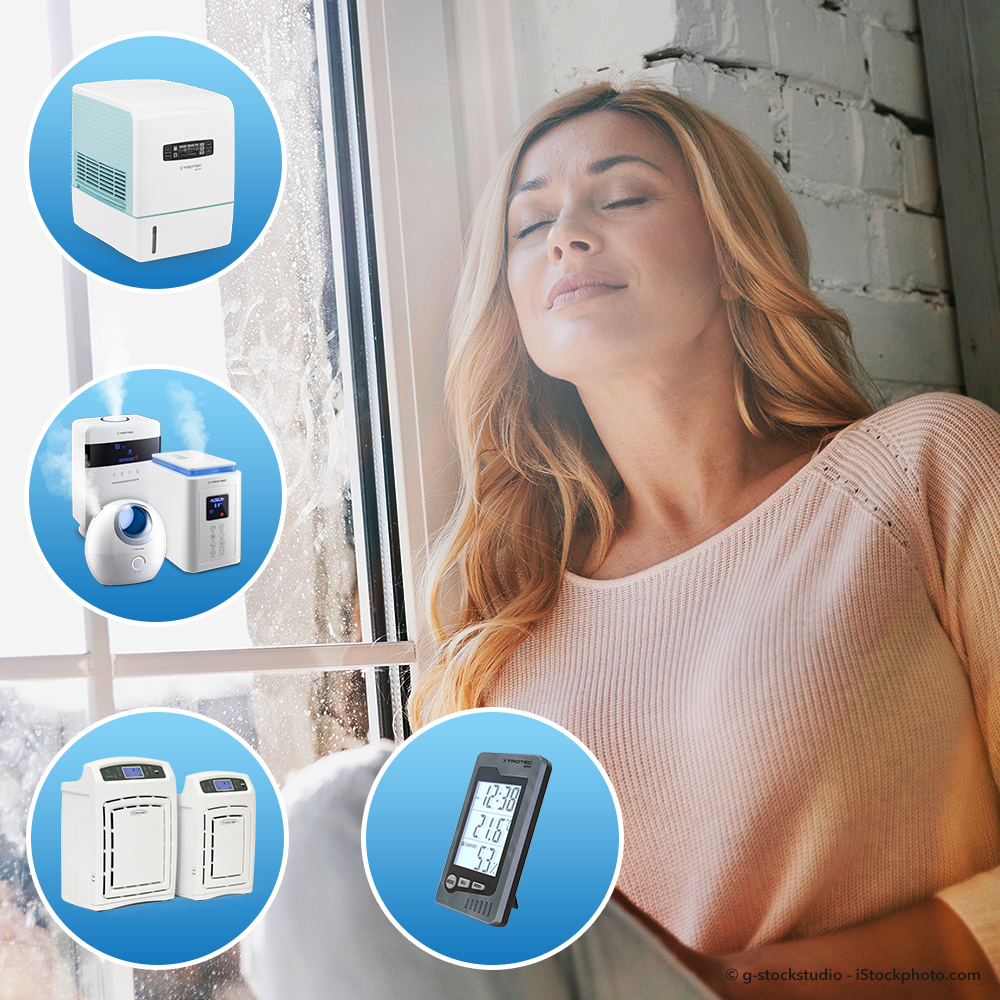 More and more people suffer from breathing difficulties in winter because the mucous membrane becomes dry in their respiratory tract. The reason for this lies in home heating: although it keeps us nice and warm inside our own four walls, it also entails unhealthily dry air. But we can help protect our mucous membrane as prevention against against allergies and annoying colds with optimum room air humidification. Our professional tips will help you avoid spending the next few months in too dry a room.
More and more people suffer from breathing difficulties in winter because the mucous membrane becomes dry in their respiratory tract. The reason for this lies in home heating: although it keeps us nice and warm inside our own four walls, it also entails unhealthily dry air. But we can help protect our mucous membrane as prevention against against allergies and annoying colds with optimum room air humidification. Our professional tips will help you avoid spending the next few months in too dry a room.
Read More
Posted in TROTEC, Up To Date | Tagged with Air cleaner, Tips against dry air, Trotec adviser, dry air, humidifier, humidity |
Leave a comment

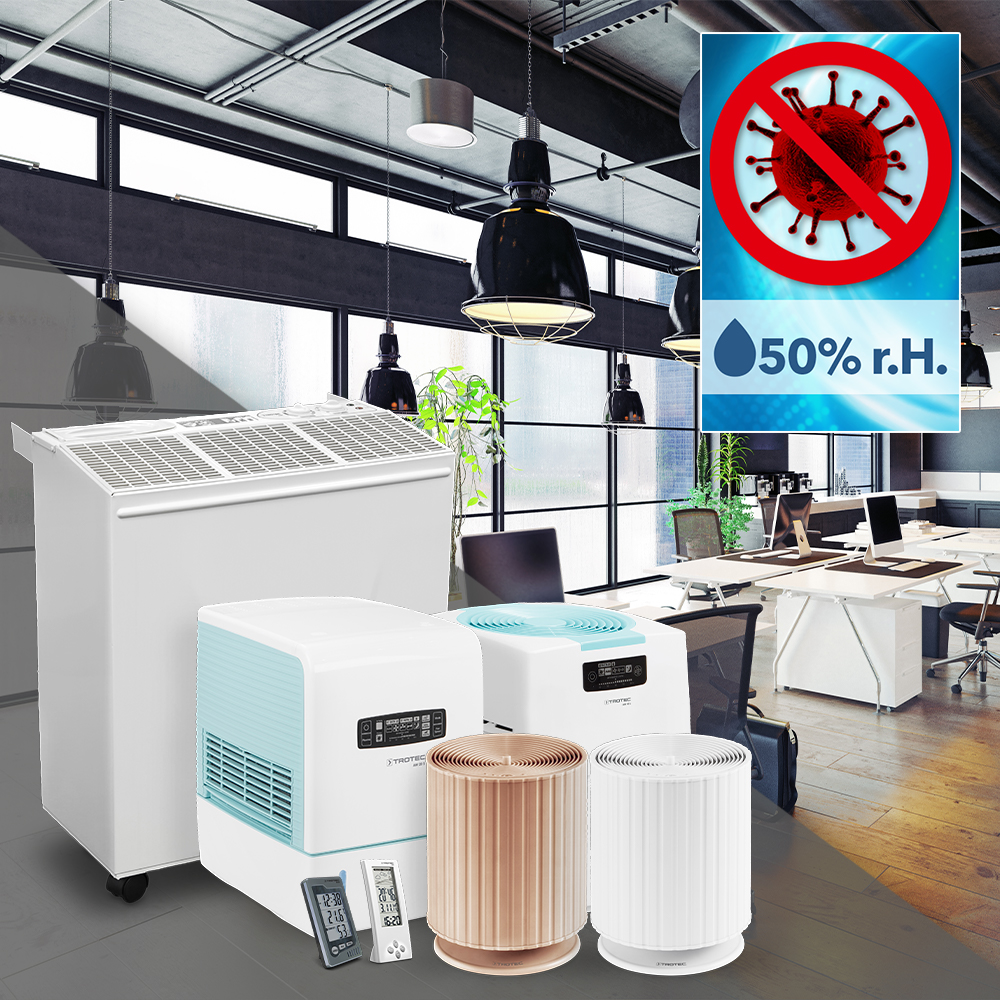
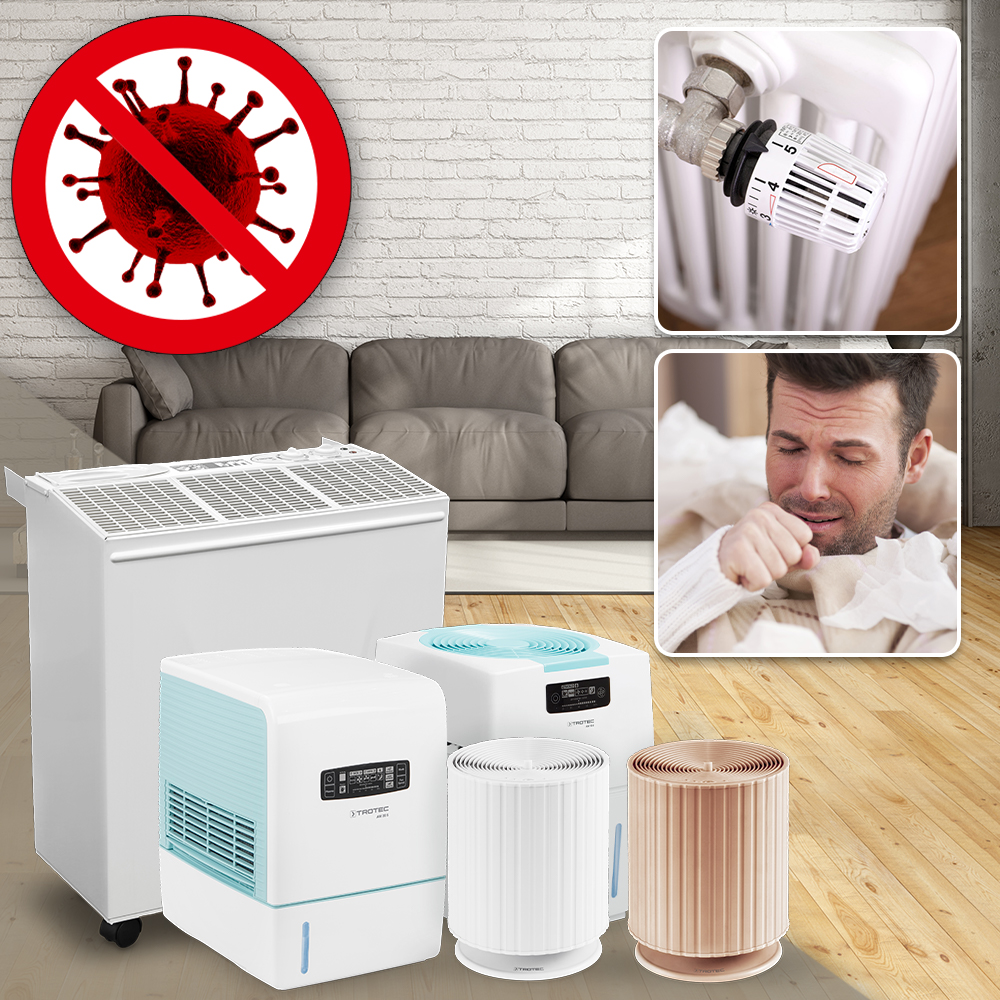
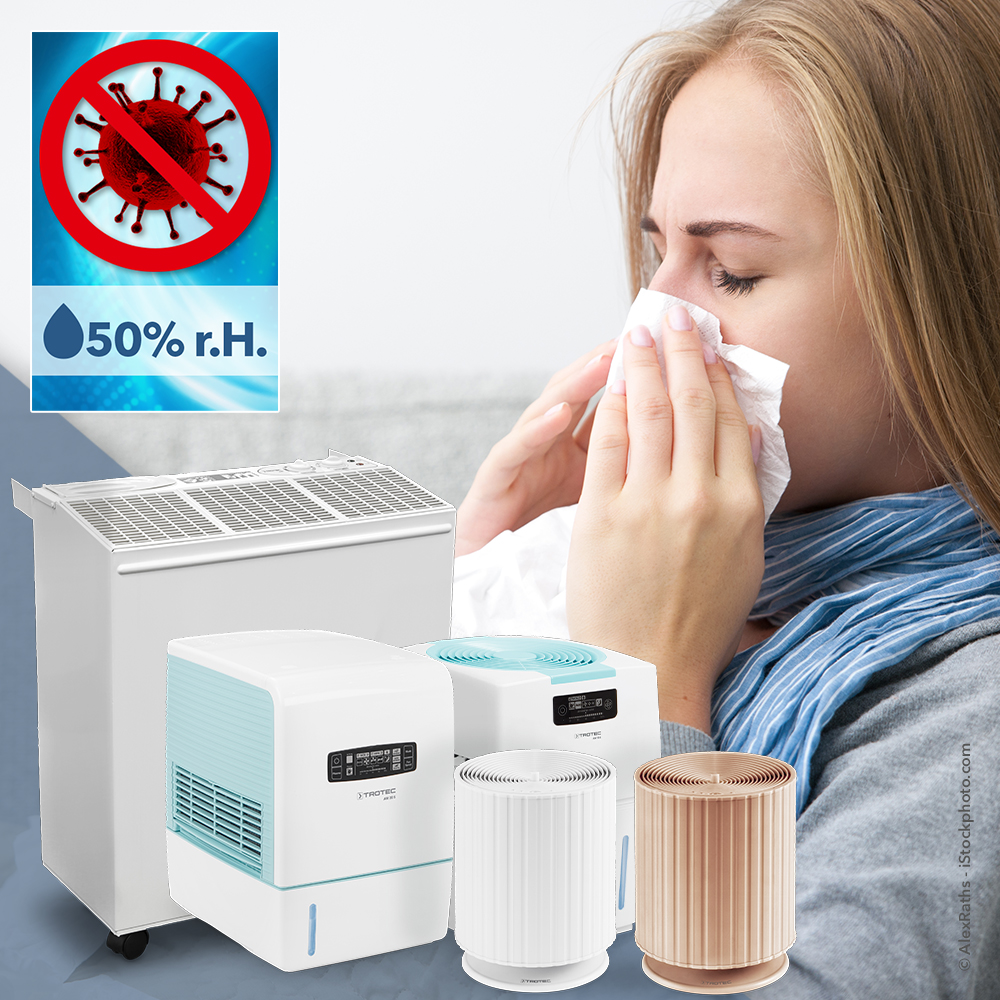

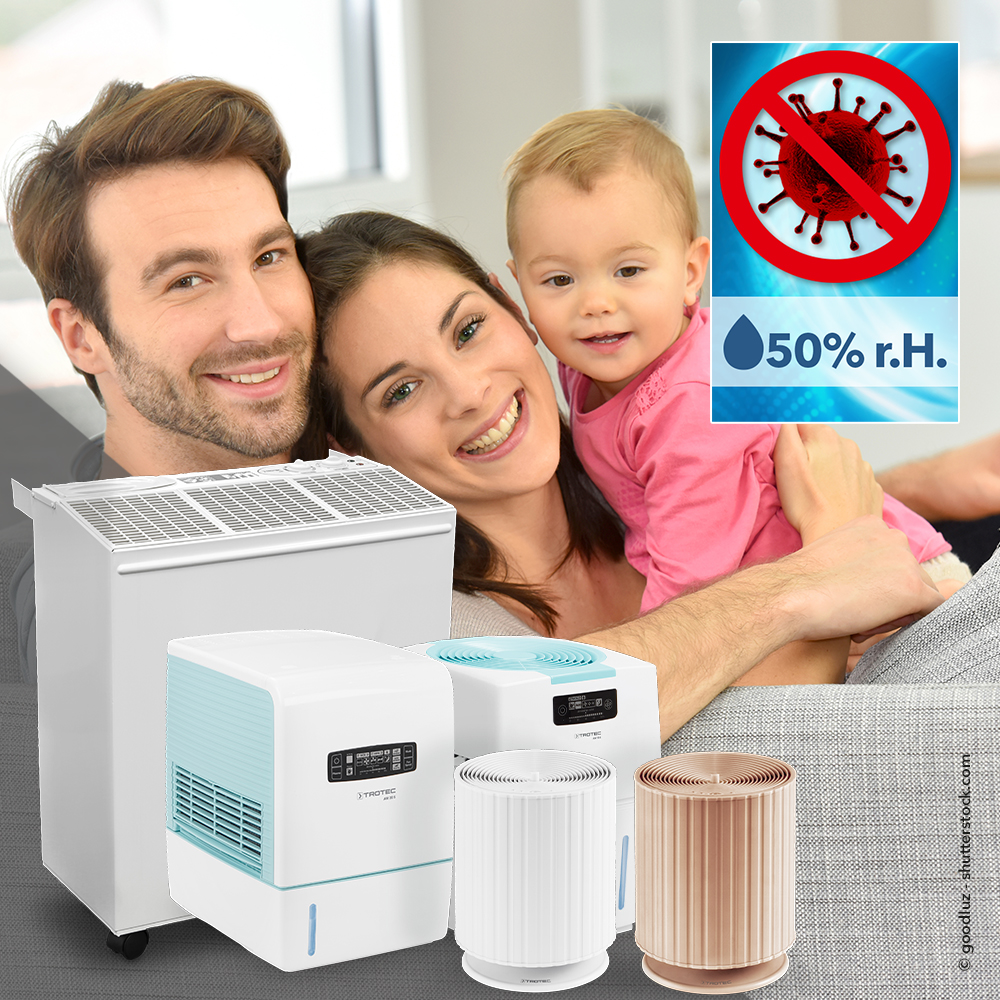
 More and more people suffer from breathing difficulties in winter because the mucous membrane becomes dry in their respiratory tract. The reason for this lies in home heating: although it keeps us nice and warm inside our own four walls, it also entails unhealthily dry air. But we can help protect our mucous membrane as prevention against against allergies and annoying colds with optimum room air humidification. Our professional tips will help you avoid spending the next few months in too dry a room.
More and more people suffer from breathing difficulties in winter because the mucous membrane becomes dry in their respiratory tract. The reason for this lies in home heating: although it keeps us nice and warm inside our own four walls, it also entails unhealthily dry air. But we can help protect our mucous membrane as prevention against against allergies and annoying colds with optimum room air humidification. Our professional tips will help you avoid spending the next few months in too dry a room.